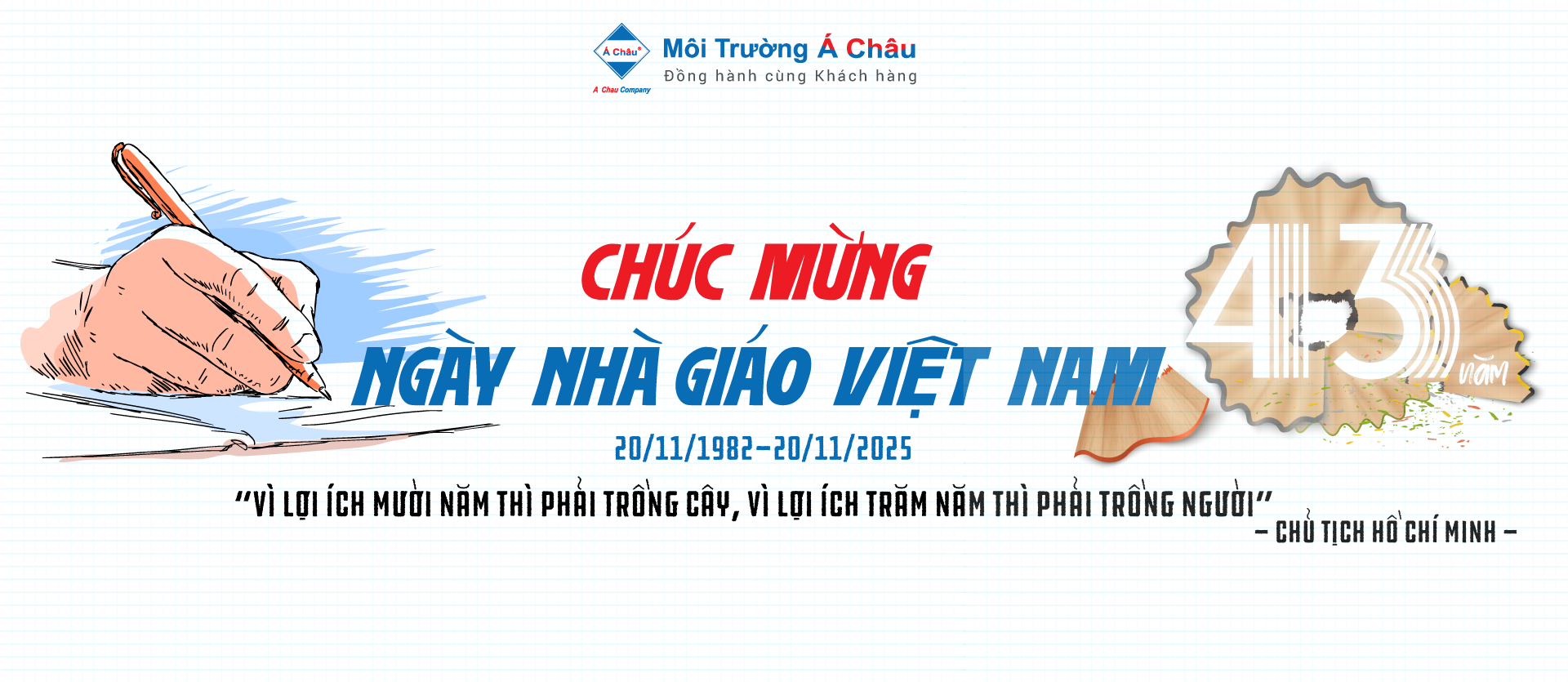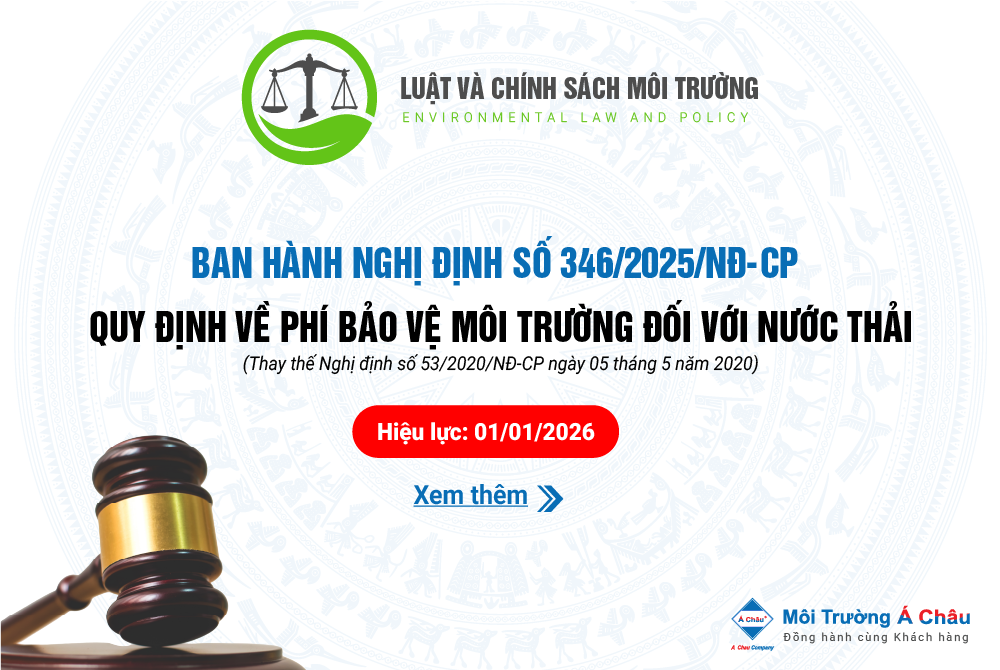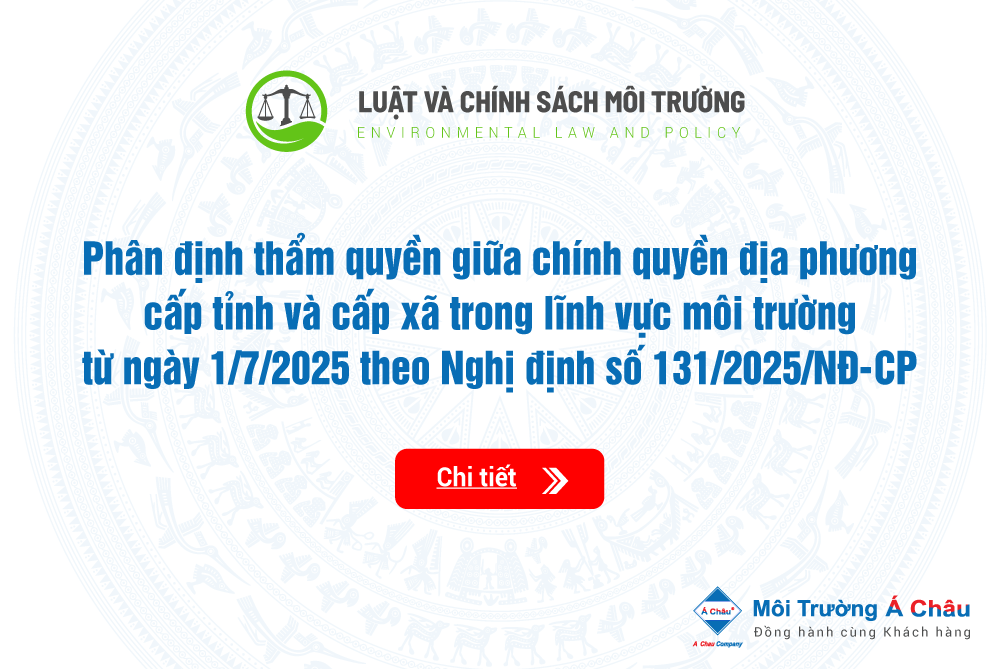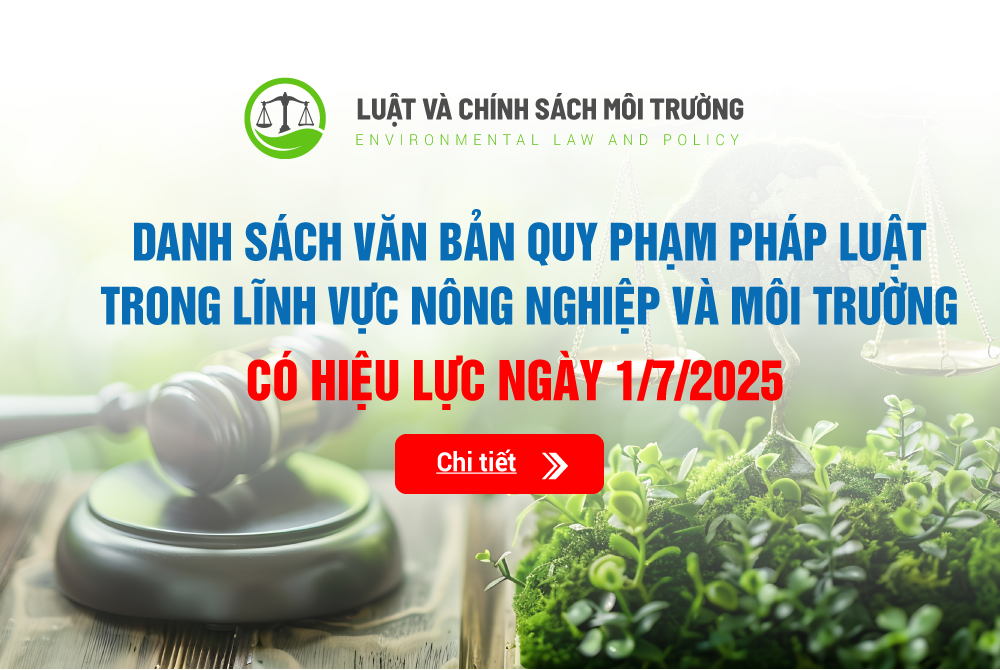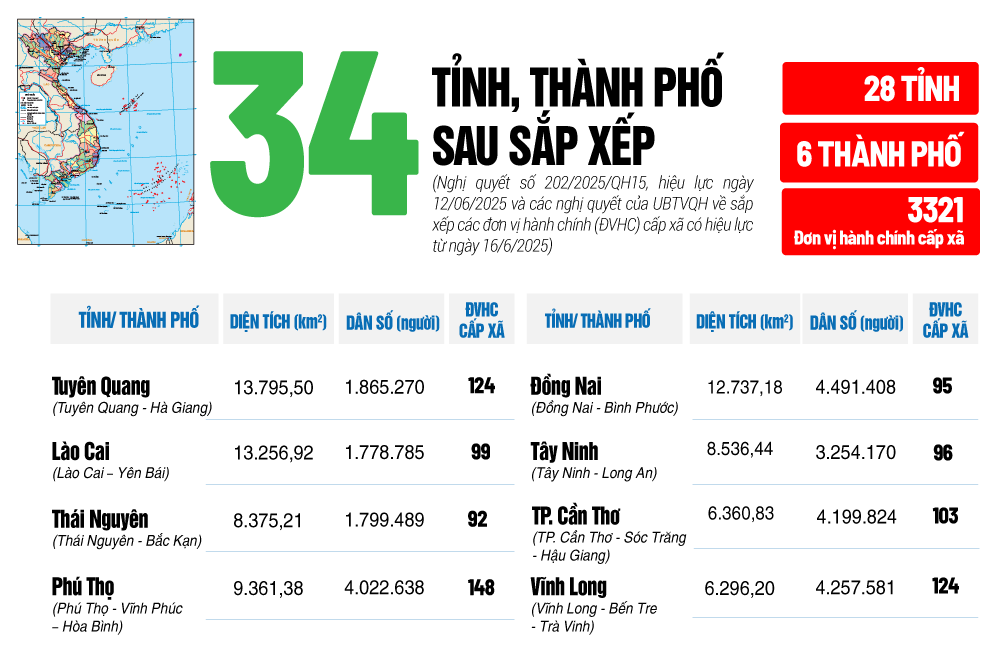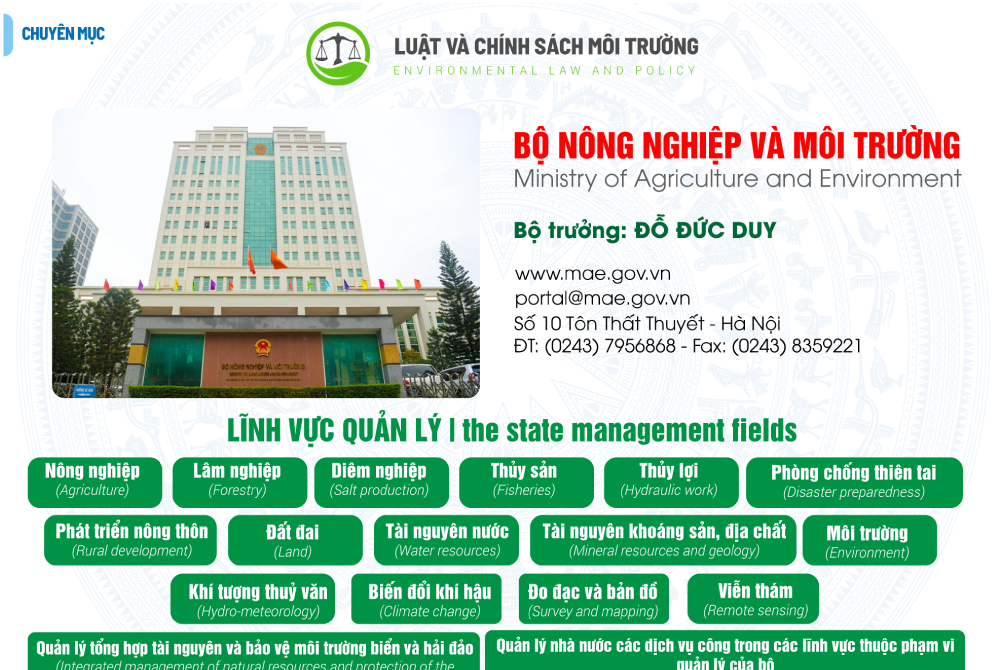Vietnam Law Day (09/11): The Law on Environmental Protection was passed, and the milestones were modified
The National Assembly of the Socialist Republic of Vietnam approved Law No. 14/2012/QH13 - Law on Legal Education Dissemination - in June 2012. This law goes into force on January 1, 2013. According to the legislation, November 9th is the Socialist Republic of Vietnam's Legislation Day. The goal of this day is to commemorate the Constitution and the law, as well as to instill a sense of respect for the law among authorities, civil servants, public employees, citizens, and enterprises.
On the event of Vietnam Law Day, A Chau Environment appreciates the approach of the Law on Environmental Protection from 1993 to the present!

The Intro of the Law on Environmental Protection (LOEP) 1993
The Science, Technology, and Environment Committee of the National Assembly is responsible for evaluating the Draft Law on Environmental Protection, which was formally promulgated on December 27, 1993, following its assignment by the National Assembly Standing Committee.
In keeping with the trend of economic development and integration, as well as taking a significant step forward in environmental protection in our country, the Law on Environmental Protection was rewritten twice more in 2005, 2014, and 2020.
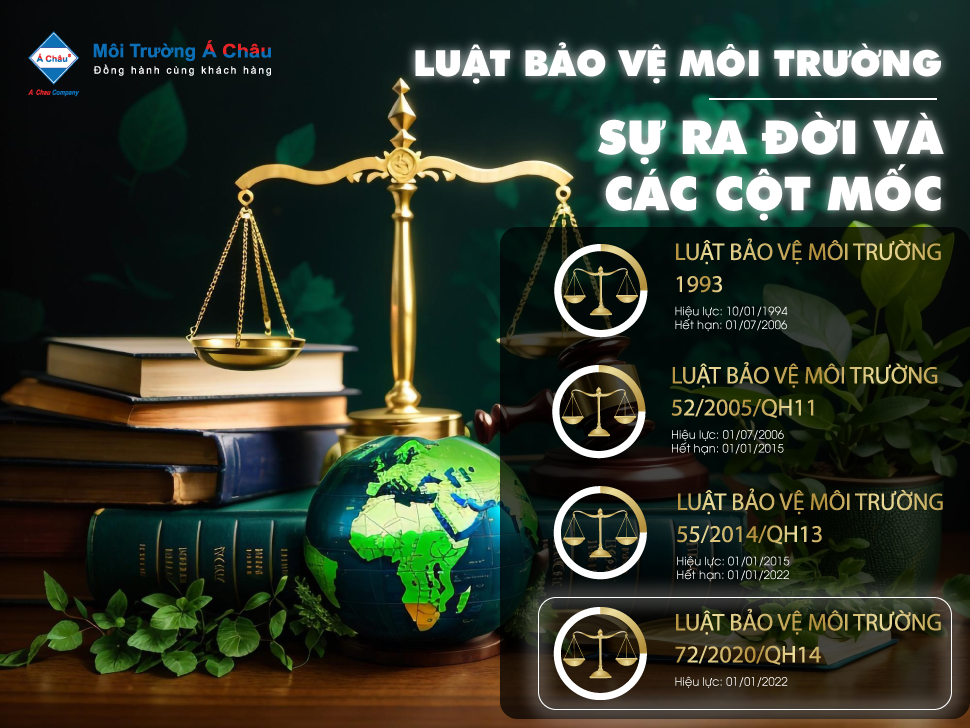
Mr. Vu Dinh Cu, Chairman of the National Assembly's Committee on Science, Technology, and the Environment, read the following at the Ninth Congress's fourth session on December 18, 1993:
"Our nation has a diverse tropical environment, abundant resources, natural landscapes with valuable ecosystems... It is a good scenario for people's lives and the advancement of the country. Aside from these advantages, natural disasters such as floods, storms, and other distinct natural disturbances are common. What is more troubling is that, for a number of reasons, as indicated in the Government's report, our country's natural environment, although not being substantially industrialized, has degraded dramatically.
In CacMac’s words, "Civilization - if it develops spontaneously without being self-directed... leaves behind a desert..." [1].
Friedrich Engels cautioned in "The Symptoms of Nature": "We should not be too proud of our victories over nature." Because nature takes vengeance on us every time we triumph. Indeed, every win, first and foremost, delivers the desired outcome. However, it generates entirely different, unanticipated harm, disasters that frequently obliterate all of the original results."[2].
Our Vietnamese people have a long tradition of environmental conservation. More than 500 years ago, nine articles in the Code of Criminal Procedure of the Ministry of the Republic of Germany alluded to the need to protect the environment and the consequences of destructive activity related to environmental and landscape conservation. Buddhism, a long-standing religion in our country that encourages tree planting and horse slaughter, has contributed to environmental protection and biodiversity preservation.
After the victory of the revolution, President Ho Chi Minh initiated and modeled the year of planting trees with the idea of "to make the country younger and younger." He has also launched a weekly sanitation movement in homes, workplaces, and public places to create a civilized life. Loving nature and protecting healthy habitats is an essential part of Ho Chi Minh's ideology.
Historically, our State has implemented a variety of legal instruments that govern environmental protection in many areas, such as land, forests, fishery resources, minerals, oil and gas, prevention, flood control, and so on. To improve the efficacy of the legislation, more comprehensive legislative measures that establish a whole, centralized, unified system are required.
On the other hand, through the innovation line, our Party and State are currently promoting economic components to increase output while maintaining an open-door policy toward other countries. As a result, both domestic and foreign investment in Vietnam is increasing. Without a Code governing environmental protection management, for-profit producers may use old, obsolete production technology, resulting in degradation, pollution, and even environmental destruction, exploitation, and use of environmental components such as land, water, resources, minerals, forests, seas, and so on. Simply importing rubbish into our country would be immoral, resulting in unanticipated environmental consequences that would need an incredible amount of labor, time, and money to address. Several nations' industrialization experiences have proved this.
Two significant international conferences on environmental protection in innovative Vietnam, attended by many famous environmental scientists and managers from home and abroad, were held in Hanoi this year.
Furthermore, the worldwide environmental deterioration is severe. The planet's temperature is rising, the degraded layer is rupturing, and industrialized countries are the primary culprits. Poverty and population pressure are also wreaking havoc on the environment in emerging countries. As a result, environmental conservation is today's worldwide battle of all humanity.
Through widespread requests for opinions, the people, officials, and scientists are hoping that our State will soon have a law on environmental protection.
For these reasons, our committee finds that the enactment of our State's Environmental Protection Act is essential, not only for the management of the country, but also in international relations."
Source: Văn kiện quốc hội toàn tập tập VIII (1992-1997) Quyển 1 1992-1993 (Link: https://quochoi.vn/tulieuquochoi/anpham/Pages/anpham.aspx?AnPhamItemID=1525)
The source and meaning of Vietnam Law Day November 09
Since the Democratic Republic of Vietnam Parliament passed our country's first Constitution, the 1946 Constitution, 76 years ago, Congress has declared November 9 as the Day of the Law. This is a momentous political-legal event that opens a new chapter in the country's constitutional history. On November 9, 1946, the Southern Democratic Union's first Constitution was passed. Following the 1946 Constitution, our country had four more Constitutions (1959, 1980, 1992, and 2013), but the 1946 Constitution's values of democracy, human rights, citizenship, ideals, and the model of the people's state organization, by the people and for the people, were always the red thread through all the Constitutions and our entire legal system.
Law Day has a profound educational significance in promoting the value of law in the rule of law State, promoting rights as well as responsibilities, citizens' obligations in learning, learning the law, and self-execution of the law, thus contributing to raising the sense and confidence in law, gradually building and strengthening the values of legal culture in social life. At the same time, it ensures that the spirit of the rule of law pervades all persons, institutions, organizations, and society as a whole.
First, respect for the Constitution and the law: Law Day is conducted yearly to commemorate the Constitution and the law, promote the importance of the Constitution and the law in a rule-of-law state, and teach the feeling of superiority. With that concept, all organizations and individuals focus on researching and comprehending the law, contributing to bringing the provisions of the law to life, and spreading broadly so that all days of the year are Law Day.
Second, in line with the requirements of the Constitution and the law, Our country's legislation provides the principles of justice, transparency, recognition, protection, and assurance of rights and interests for each individual, as well as the harmony of interests in society. Law Day is observed to recognize the Constitution and the law, to foster views, thoughts, attitudes, and conduct consistent with the legal system's norms, and to instill in the entire population a sense of legal protection.
Third, the elevation of human values, the formation of personality that ensures the survival of the sense of law, excellence, and water: The Law Day is organized to promote the value of human beings, to build personality, to enhance the sense of mastery, respect for discipline, and freedom within the framework of the law; to emphasize the importance of good moral values; a sense of responsibility, citizenship duty, patriotism, building a lifestyle, and cultural way of life; to cultivate consciousness and capacity to promote the values of national culture, and to absorb the elite of human culture are essential conditions.
Fourth: Improve the effectiveness of building, dissemination, law education, and law enforcement to meet the demands of building a legal state of the people, by the people, and for the people. The essence of the rule of law is the supremacy of the law in the organization of the economic and social life of a country. The rule of law requires a perfect legal system consisting of unity, stability, transparency, fairness, and democracy. The organization of the Law Day contributes to fulfilling the above requirements. It becomes one of the essential conditions for promoting the process of building the rule of law for the People.
Fifth, the legal culture is a crucial aspect of state, individual, and societal actions, encompassing the Constitution, law, and human rights. To establish a legal culture, it is essential to develop a law-abiding way of life. This is a continuous, everyday condition established by lawful activity. Law Day has a profound educational significance in promoting the value of law in the State of law, directing organizations and individuals to participate in proper law enforcement behavior actively. It also promotes the rights and responsibilities of individual citizens in learning and self-enforcing the law.
Source: Compiled by A Chau Environment
